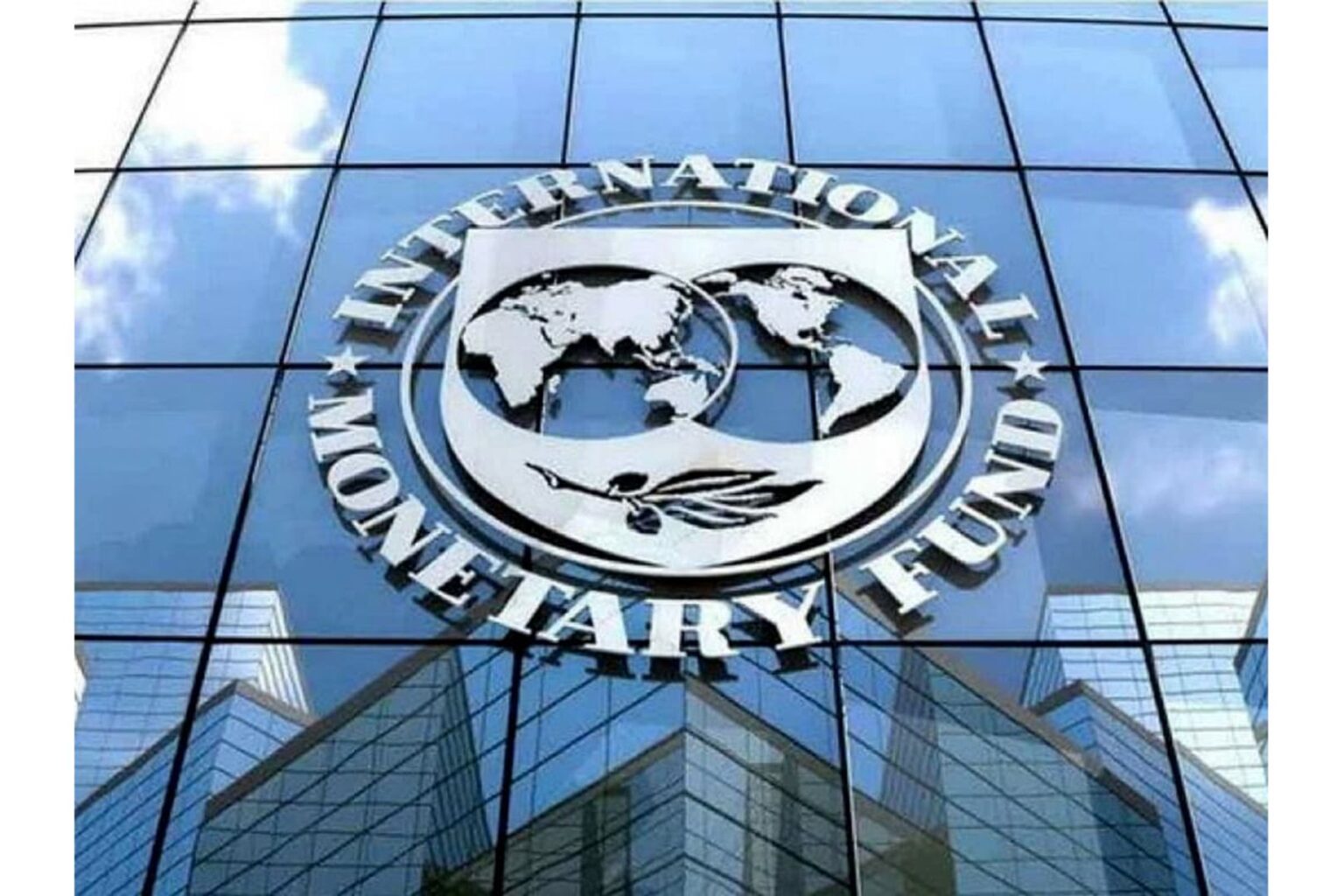- An IMF team was in Nairobi from May 9 – 22, 2023, for the fifth review of Kenya’s economic program.
- After engagements, Kenya secured a $544.3 million loan from the International Monetary Fund.
- The parties also agreed to extend the duration of the EFF/ECF arrangements by 10 months to April 2025.
Kenya has secured about $544.3 million loan from the International Monetary Fund (IMF) representing 75 percent of the country’s quota. The deal follows staff-level agreement between IMF staff and the Kenyan authorities on economic policies and reforms. It marks conclusion of the fifth reviews of Kenya’s Extended Credit Facility and Extended Fund Facility arrangements.
In the deal, Kenya secured an extension of the program and augmentation of access under those arrangements. The credit is also anchored on a set of reforms under a 20-month Resilience and Sustainability Facility.
Kenya’s economy, the largest in East Africa, has been strained by a challenging external environment, IMF noted. The planned fiscal consolidation is appropriate, while protecting priority social spending.
Exchange rate flexibility and proactive monetary policy will remain critical to preserving macroeconomic stability. They will also be vital in supporting market confidence against the backdrop of a challenging global economic outlook, the IMF said. The multilateral lender equally warned of continued uncertainty in international financial markets.
The medium-term outlook for the Kenyan economy remains favorable. By advancing structural and governance reforms and sustaining efforts to build climate resilience will support macroeconomic stability. IMF added that by strengthening institutions to deliver and monitor Kenya’s ambitious climate agenda will also help tackle emerging shocks.
Fifth review of Kenya’s economic programme
An IMF team led by Haimanot Teferra visited Nairobi between May 9 and 22, 2023. Their agenda was the fifth review of Kenya’s economic programme supported by the IMF’s EFF and ECF.
The arrangements were approved by the IMF executive board on April 2, 2021. Including augmentation at the time of the fourth reviews, Kenya can access about $2.43 billion at current exchange rate.
The mission also considered Kenya’s request for access under the IMF’s Resilience and Sustainability Facility (RSF) and further augmentation under the EFF/ECF.
At the conclusion of the mission, Ms Teferra said the IMF team and the Kenyan authorities struck a deal to access about US$544.3 million under the EFF/ECF totaling 75 percent of quota given challenging global financing conditions.
They also agreed to extend the duration of the EFF/ECF arrangements by 10 months to April 2025. This will allow sufficient time for meeting the program objectives and a new 20-month Resilience and Sustainability Facility arrangement with access to 75 percent of quota that will run in parallel with the EFF/ECF arrangements until April 2025.
Read also: Ex-IMF economist a heartbeat away from Central Bank of Kenya top job
“The agreement is subject to IMF management approval and consideration by the executive board, which are expected in July ,” Teferra said.
Kenya budget under pressure from shortfalls
Upon completion of the fifth reviews, Kenya would have immediate access about $410 million, including from the augmentation of access under the ECF/EFF. This would bring total IMF financial support under the EFF and ECF arrangements to about $2.017 billion.
With the EFF/ECF augmentations and the RSF support, total IMF’s commitment under these arrangements would be $3.52 billion.
“While the private sector has generally remained resilient, the Kenyan economy has been strained by a challenging environment. Real GDP growth remained robust at 4.8 percent in 2022 despite a contraction in agriculture as the country experienced the worst drought in decades,” she said in a statement.
The government budget has been under pressure from shortfalls in revenue collection and challenging financing conditions. Inflation declined to 7.9 percent in April but remains above the target range. The functioning of the foreign exchange is gradually improving.
“The authorities have responded promptly to the challenges. On the fiscal side, government spending execution has been prudent this fiscal year, consistent with available resources,” Ms Teferra said.
Moreover, the draft FY2023/24 budget submitted to Parliament proposes to further reduce the deficit from 5.7 to 4.1 percent of GDP, with significant new revenue measures consistent with the objective of reducing the ratio of debt to GDP.
Kenya’s tightening fiscal policy
Monetary policy has also been tightened, with the Central Bank policy rate having been increased by 250 basis points over the past year. However, significant challenges remain against the backdrop of slow global economic growth and tight financial conditions.
While agricultural output is expected to improve and food prices to come down on increased rainfall, the tighter fiscal and monetary environment to maintain macroeconomic stability will continue to weigh on growth in the year ahead.
The budget targets for FY2023/24 will require careful control of commitments, IMF notes.
Further actions to bring back liquidity to the interbank market for foreign exchange and support exchange rate flexibility is instrumental to secure effective market functioning and backstop the external position.
It will also be important to make inroads on the agenda to reform state-owned enterprises and stop the drain on budget resources stemming from, among others, national carrier Kenya Airways and uitility Kenya Power.
The policy actions underway in these areas will, however, take some time to bear fruit, but will support what remains a favorable medium-term outlook for the Kenyan economy.
Address climate change challenges
“With a view to enhancing Kenya’s capacity to address challenges posed by climate change, the RSF will help bolster long-term structural climate resiliency and adaptation, while also strengthening macroeconomic stability as the economy transitions toward renewable energy,” Ms Teferra said.
Building on Kenya’s commitments under the Paris Agreement, reforms under the proposed program will include integrating climate-related considerations into budget preparation and public investment frameworks, embedding management of climate risks, including in the financial sector, and enhancing early warning systems. These reforms are expected to catalyze climate finance.
